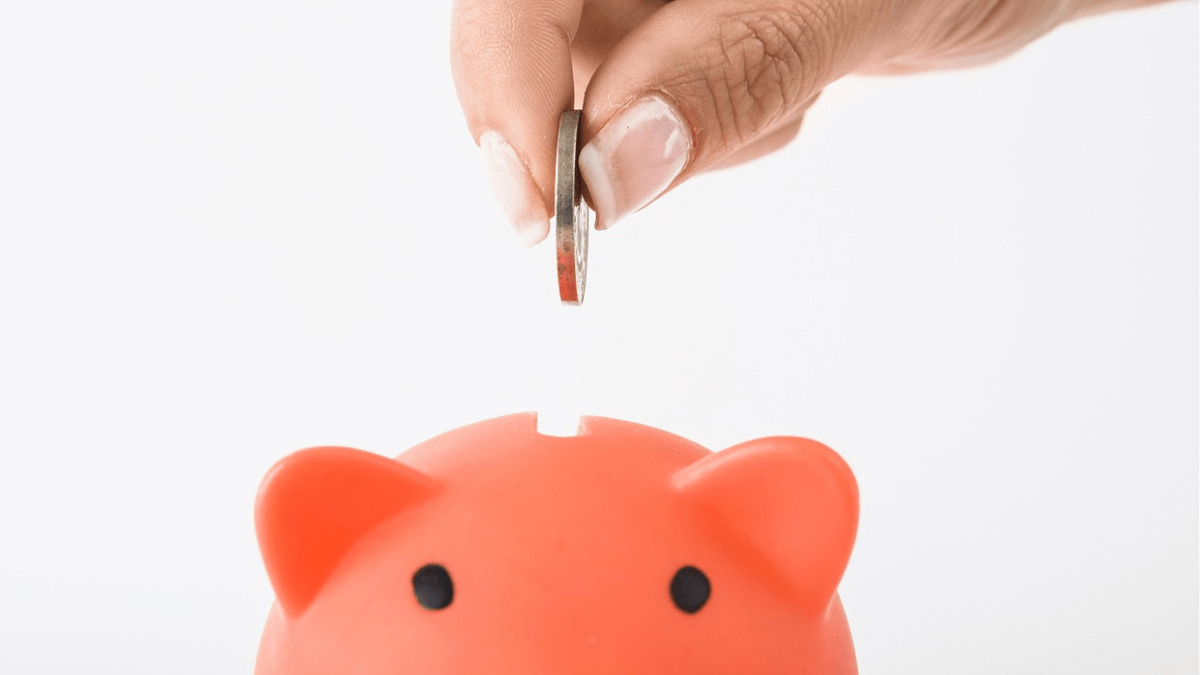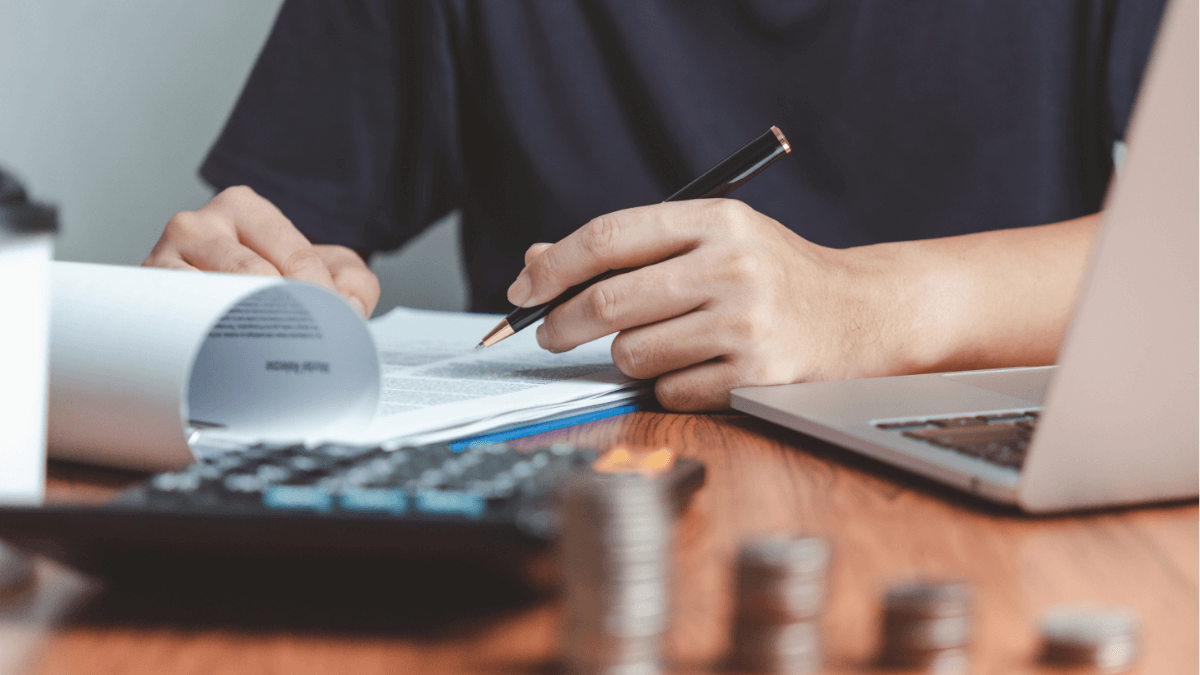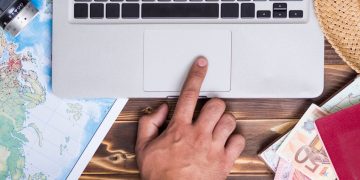How to Build an Emergency Fund in the UAE: Step-by-Step Guide

People love living in the UAE because it has a good standard of living, a great way of life, and a strong job market, especially in cities like Dubai and Abu Dhabi. But a lot of people, especially expats are financially weak in ways that others are not.
Most job contracts are short-term, healthcare costs may be your own responsibility, and if you lose your job, you may have to leave the country within 30 days if you can’t find a new sponsor.
That’s why building an emergency fund should be a top priority as part of smart savings strategies UAE residents can rely on.
When the unexpected happens—whether it’s a medical emergency, sudden job loss, or a major car repair—having a financial cushion can make all the difference.
In a fast-paced country like the United Arab Emirates, where the cost of living can fluctuate and expat employment may be subject to sudden changes, building an emergency fund is not just a smart idea; it is actually essential.
This guide will walk you through how to build and maintain an emergency fund in the UAE, offering realistic steps and tips tailored to your financial landscape.
An emergency fund provides peace of mind. It’s your financial safety net when life throws you a curveball.
Without it it may happen that you may end up using high-interest loans or maxing out credit cards—choices that can quickly spiral into long-term debt.
Step 1: Understand What an Emergency Fund Is (and Isn’t)
An emergency fund is cash set aside for unexpected expenses. It’s not meant for planned costs like vacations or down payments. Instead, it should only be used for:
- Medical emergencies
- Job loss or salary delays
- Car or home repairs
- Unexpected travel, especially for family-related issues
- Emergency relocation
It’s not for:
- Shopping sprees
- Luxury travel
- Investment opportunities
- Loan repayments (unless due to income loss)
The goal is to actually avoid debt and also provide yourself with a buffer to regain financial stability during any crisis.
Step 2: Calculate How Much You Need
There is no one-size-fits-all answer, but a good rule of thumb is to save three to six months’ worth of essential expenses.
Here’s how to calculate that in a UAE context:
- List your monthly essentials:
- Rent or mortgage
- Utilities and DEWA bills
- Transportation
- Groceries
- Insurance
- School fees (if applicable)
- Loan EMIs
- Mobile/internet
- Multiply your total by 3–6.
Example:
If your monthly expenses are AED 8,000:
- 3 months = AED 24,000
- 6 months = AED 48,000
Tip: Start with a 3-month goal. Once you reach it, aim for six.
You might also like: Smart Budgeting Tips UAE Residents Should Know to Stay Financially Ahead
Step 3: Set a Realistic Monthly Goal
You don’t need to set aside a huge chunk of money all at once. Instead, break your target down into smaller monthly goals.
Let’s say you want to save AED 30,000 in a year. That’s AED 2,500 per month.
Ways to make it manageable:
- Cut unnecessary subscriptions
- Cook at home more often
- Use public transportation or carpool
- Limit takeout coffees and impulse purchases
- Reallocate part of your bonus or tax refund
Automate your savings with a standing order to a separate account to reduce the temptation to spend it.
Step 4: Choose the Right Account for Your Emergency Fund
Your emergency fund should be easily accessible but not too accessible.
Best account types in the UAE:
- Savings accounts with competitive interest (e.g., ADCB Active Saver, FAB iSave, or Emirates NBD Smart Saver)
- Money market accounts for slightly higher interest and liquidity
- Fixed deposits only if you’re saving for a longer period and can lock it in
Avoid:
- Investing your emergency fund in stocks or real estate (too risky and illiquid)
- Keeping all your savings in cash (no growth, easily spent)
Pro tip: Choose a separate bank from your primary account to avoid temptation.
Step 5: Use UAE-Specific Budgeting Tools and Apps
The UAE offers several local and international budgeting tools that can help you track and grow your emergency fund.
Recommended tools:
- Wally (Dubai-based app for personal finance)
- YNAB (You Need A Budget)
- Money Lover
- Bank apps like Mashreq Snapp or Emirates NBD’s Smart Banking
Make it a habit to check your budget weekly. Set savings reminders, track your progress, and celebrate small milestones.
Step 6: Integrate It with Your Broader Financial Goals
An emergency fund is just one piece of your financial plan. Ideally, it should be built alongside:
- Retirement savings (pensions, retirement funds, or long-term investments)
- Children’s education planning
- Investment planning (stocks, ETFs, real estate)
- Insurance coverage (life, health, critical illness)
Balance is key. While building your fund, you can still contribute small amounts to your other goals.
Step 7: Reassess Your Fund Every 6–12 Months
Your life situation will change—and so should your emergency fund.
Review when:
- You switch jobs or lose a job
- You get married or have children
- Your rent increases
- You take on a new loan
Recalculate your required amount based on new monthly expenses and adjust your savings plan accordingly.
Step 8: Avoid Common Pitfalls
Don’t:
- Use your emergency fund for non-emergencies
- Keep it in a current account where you might spend it
- Neglect it once it’s full (you may still need to top it up after using it)
Do:
- Clearly define what qualifies as an emergency
- Label the fund in your banking app (“Emergency Only”)
- Top it up immediately after withdrawing from it
Self-discipline is key to making this fund effective.
Step 9: Teach Your Family About the Emergency Fund
If you’re supporting a family or living with a partner, make sure everyone understands the purpose of the emergency fund.
Tips:
- Have regular money talks
- Agree on what counts as an emergency
- Make joint decisions before using the fund
- Keep your spouse or partner informed about the balance and location of the fund
This builds a culture of financial responsibility and ensures you’re all on the same page during a crisis.
Step 10: Complement It with Other Safety Nets
Building an emergency fund is vital, but it shouldn’t stand alone.
Here are some complementary financial safety nets you should consider:
- Health insurance: To avoid large medical expenses
- Job loss insurance (Involuntary Loss of Employment – ILOE): Now required for many private-sector and government employees in the UAE
- Life and disability insurance: Especially if you have dependents
- Credit score monitoring: Helps ensure you can get loans if you ever truly need one
These layers of protection can supplement your emergency fund and provide greater financial security.
You might also like: Interactive Budgeting Calculators and Debt Repayment Planners Tailored for UAE Residents
Practical Savings Strategies UAE Residents Can Use
Let us zoom in on some actionable savings strategies UAE residents can actually start today:
- Use loyalty programs: Apps like Share, Carrefour MyClub, and Air Miles can cut down grocery and shopping bills.
- Embrace secondhand: Use platforms like Dubizzle or The Luxury Closet for deals on furniture, electronics, and fashion.
- Join community groups: Facebook groups like “Free Stuff UAE” or “Budget Expat Living” often post valuable freebies or swap options.
- Utilize government initiatives: Look into ADNOC rewards, Darb toll discount plans, and housing benefits for Emiratis.
- Compare insurance and telecom providers: Annual comparisons can save you hundreds of dirhams per year.
Small actions repeated over time lead to big savings.
Conclusion: Secure Your Future with a Simple Habit
It doesn’t have to be hard to save money in the UAE for bad times. If you have the right attitude, the right tools, and a step-by-step plan you can save money that will protect you and also your family from surprise costs in life.
Don’t forget that how often you save is more important than how much money you make.
If you’re an expat getting used to a new country or a long-term resident planning your future, the right savings strategies UAE has to offer can help you stay financially stable no matter what comes next.
Start small, stick to your plan, and go over it often. You, in the future will surely be grateful.







